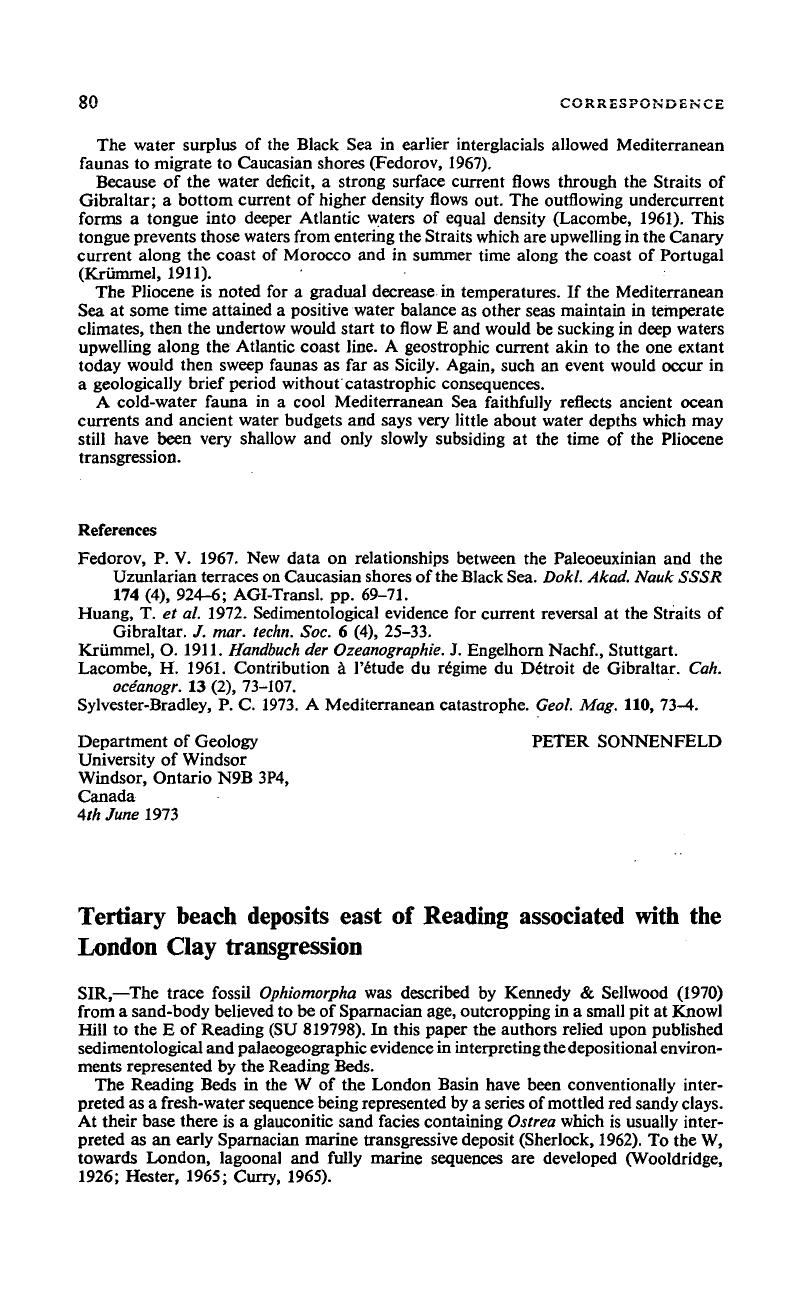Crossref Citations
This article has been cited by the following publications. This list is generated based on data provided by Crossref.
Ellison, Richard A.
1983.
Facies distribution in the Woolwich and Reading Beds of the London Basin, England.
Proceedings of the Geologists' Association,
Vol. 94,
Issue. 4,
p.
311.
POLLARD, J. E.
GOLDRING, R.
and
BUCK, S. G.
1993.
Ichnofabrics containing
Ophiomorpha:
significance in shallow-water facies interpretation
.
Journal of the Geological Society,
Vol. 150,
Issue. 1,
p.
149.



